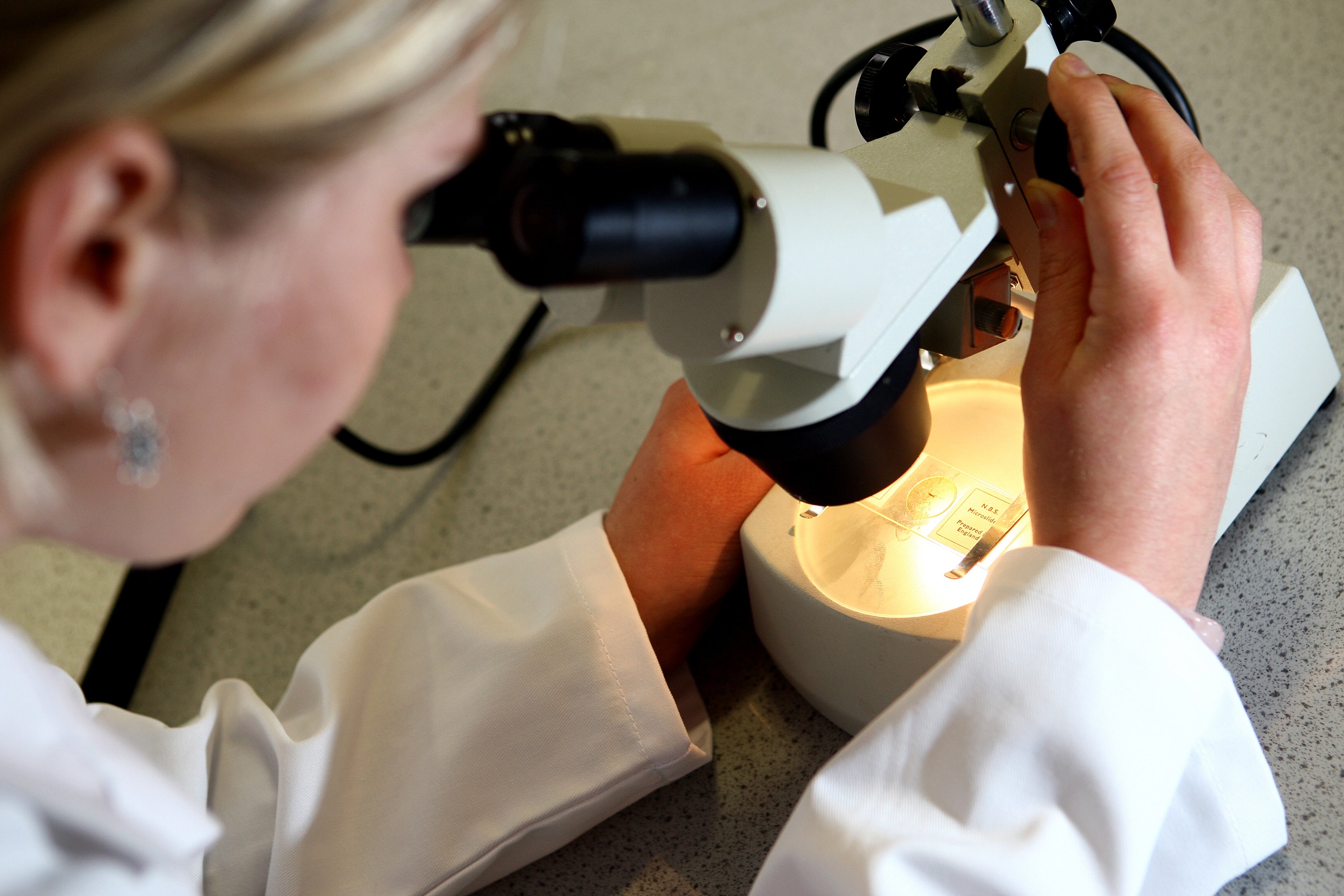Scientists creating ‘risky’ self-spreading viruses in US and EU, paper warns
The paper, written by a team of academics led by King’s College London, warns the research could have ‘irreversible consequences’.

Your support helps us to tell the story
From reproductive rights to climate change to Big Tech, The Independent is on the ground when the story is developing. Whether it's investigating the financials of Elon Musk's pro-Trump PAC or producing our latest documentary, 'The A Word', which shines a light on the American women fighting for reproductive rights, we know how important it is to parse out the facts from the messaging.
At such a critical moment in US history, we need reporters on the ground. Your donation allows us to keep sending journalists to speak to both sides of the story.
The Independent is trusted by Americans across the entire political spectrum. And unlike many other quality news outlets, we choose not to lock Americans out of our reporting and analysis with paywalls. We believe quality journalism should be available to everyone, paid for by those who can afford it.
Your support makes all the difference.Scientists in the US and Europe are creating “risky” self-spreading viruses in the hope of developing viral vaccines, a new paper has warned.
The paper, written by an international team of academics led by King’s College London, warns the research could have “irreversible consequences” for the planet.
According to the paper, scientists are currently attempting to modify the viruses in the lab to spread easily between hosts.
The scientists hope the viruses could be used like insecticides to protect crops, or even used like a vaccine to spread immunity from one host to another.
The authors, led by Dr Filippa Lentzos, of the Department of War Studies and the Department of Global Health and Social Medicine at King’s College London, say these scientists are ignoring the long-held view that self-spreading viruses are too unstable to be safe.
In a statement, Dr Lentzos said the research is an example of “risky virology” similar to “virus hunting in bat caves”.
“Developing self-spreading viruses for environmental release is another example of risky virology research, like virus hunting in bat caves or deliberately making dangerous pathogens even more dangerous in the lab, all in the name of pandemic preparedness, but where it is far from clear that the anticipated benefits outweigh the very clear risks.”
The authors of the paper have called for greater regulation and an open discussion about the risks and benefits of such research.
“Only a concerted, global governance effort with coherent regional, national and local implementation can tackle the challenges of self-spreading viruses that have the potential to radically transform both wildlife and human communities,” they said.
According to the report’s authors, the concept of self-spreading viruses has been around for years, with attempts to use them on insects and wildlife in Australia and Spain respectively abandoned over warnings that the potential consequences were too serious.
However, 2016 saw renewed interest in the idea, with the European Union, the US National Institutes of Health and the US Defense Advanced Research Projects Agency funding proposals around using self-spreading viruses for wildlife immunisations.